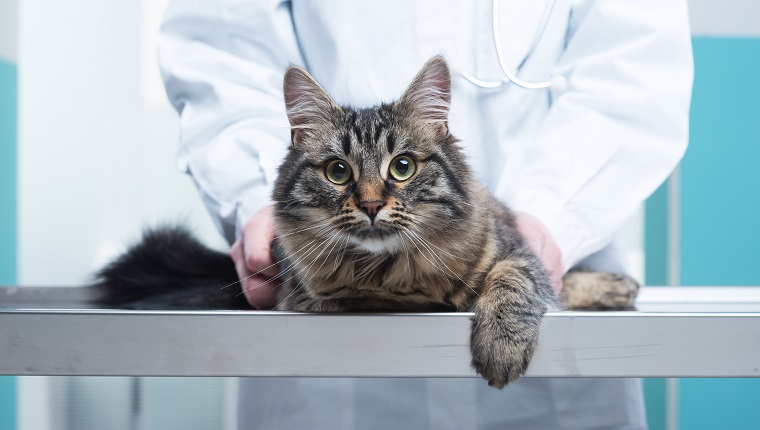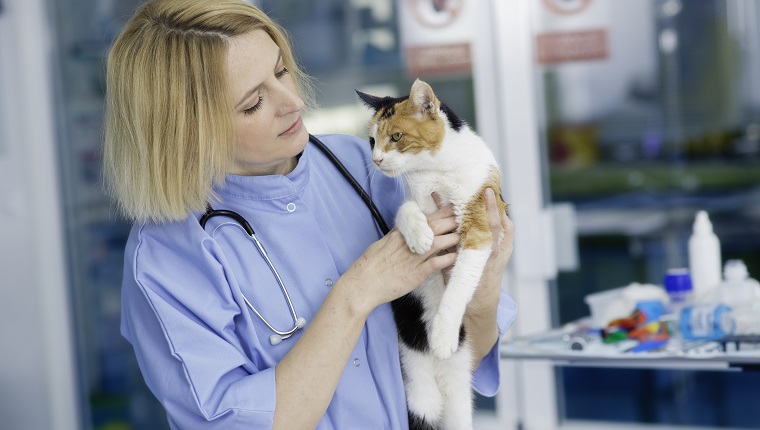Coagulopathy of liver disease in cats is a medical condition that involves the liver and its function of ensuring that blood clots effectively when needed. If left untreated, the disease can become life-threatening for cats.
Symptoms of the condition often appear in relation to blood, such as blood in stools, blood in vomit, or excessive bruising.
If you see signs that your kitty is suffering from liver disease, then you must consult your veterinarian for a proper diagnosis and treatment. Here’s what you should know about the symptoms, causes, and treatments of coagulopathy of liver disease in cats.
Symptoms Of Coagulopathy Of Liver Disease In Cats
Coagulopathy of liver disease in cats can produce a wide range of symptoms. Some of the most typical symptoms include:
- Stool containing red blood
- Bleeding a lot after blood is drawn
- Vomiting, which may include blood
- Spitting up blood
- Bruising
- Stool that is black in color due to digested blood
Causes Of Coagulopathy Of Liver Disease In Cats

The cause of coagulopathy of liver disease in cats can be one of a range of things. Some of the most typical causes include:
- Vitamin K deficiency
- Viral liver disease
- Lack of blood flowing to the liver, known as portosystemic vascular anomaly or PSVA
- Liver failure
- Cirrhosis
- EHBDO (extrahepatic bile duct obstruction)
Veterinary Treatments
If you think that your cat has developed coagulopathy of liver disease, then your veterinarian will want to carry out a full physical examination.
This will include a comprehensive series of blood tests, which the vet will analyze to determine the blood’s ability to clot effectively. Vets can also use x-rays to examine any relevant issues affecting the liver.
When it comes to treatment, your vet will take the severity of the issue into account before deciding on a precise course of action. In extreme cases, cats often need a period of hospitalization. However in less severe cases, vets will likely recommend supportive care.
There is a chance your vet might prescribe a course of antibiotics as part of a treatment program if an infection is also present. As ever, if your vet prescribes your kitty antibiotics, it’s vital that you stick to the precise dosage and frequency instructions and complete the full course of medication.
Has your cat developed coagulopathy of liver disease? How are you and your vet treating your kitty? Tell us all about it in the comments below.









